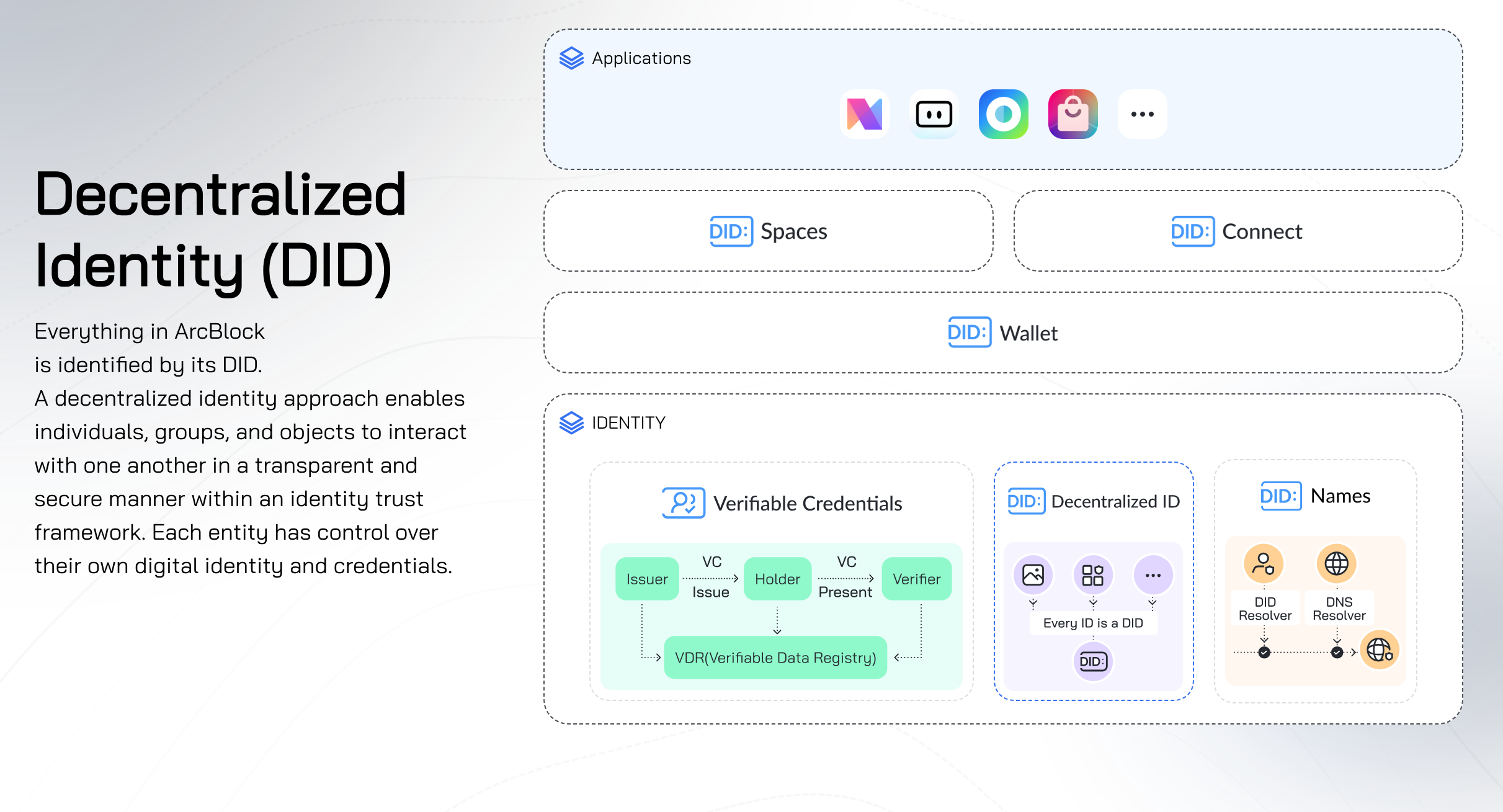Clearview AI, a facial recognition company already notorious for scraping billions of photos from social media without consent, has taken its data collection efforts to a disturbing new level. According to a recent 404 Media report, the company spent nearly a million dollars in an attempt to acquire "690 million arrest records and 390 million arrest photos" from all 50 U.S. states. This trove of data includes highly sensitive personal information—social security numbers, email addresses, and home addresses—intended to enhance its controversial facial recognition tool, widely used by law enforcement. At ArcBlock, we see this incident as a glaring example of the dangers posed by centralized data systems and a clarion call for decentralized solutions powered by blockchain technology and dApps to protect individuals and their data.
The Scope of Clearview’s Ambition#
The sheer scale of Clearview AI’s data acquisition plan is staggering. The company aimed to integrate arrest records and mugshots into its existing database, which already contains over 40 billion images harvested from platforms like Facebook and LinkedIn. This move amplifies an already invasive operation: Clearview’s technology has been criticized for enabling mass surveillance, misidentifying individuals (with disproportionate errors for Black and brown faces), and operating without meaningful oversight. Adding arrest data—purchased from state repositories—would give Clearview unprecedented access to detailed personal profiles, all centralized under one private entity’s control.
This centralization is the crux of the problem. When a single company can amass such vast amounts of personal data, it creates a honeypot for misuse—whether by corporations seeking profit, governments expanding surveillance, or hackers exploiting vulnerabilities. Clearview’s actions expose the fragility of centralized data systems, where privacy is an afterthought, and individuals have no say in how their information is collected, stored, or sold.
Why Decentralization Is the Answer#

At ArcBlock, we believe decentralization is the antidote to this privacy nightmare. Unlike centralized systems, where a single entity holds power over data, decentralized systems use blockchain technology to distribute control across a network of nodes. This structure makes it exponentially harder for any one organization—like Clearview AI—to hoard or exploit personal information without permission.
Imagine if arrest records, mugshots, and other sensitive data were stored on a decentralized platform rather than in centralized state databases ripe for purchase. In a decentralized system, data isn’t concentrated in one accessible location; it’s cryptographically secured and spread across a network. Companies like Clearview would face significant barriers to accessing it, as they’d need explicit consent from individuals or authorization from the network—not just a financial transaction with a willing seller.
Decentralized applications (dapps) built on blockchain take this protection further by empowering individuals to own their data. With decentralized identity solutions—a cornerstone of ArcBlock’s mission—people could manage their own digital identities, choosing what information to share and with whom. Social security numbers, addresses, and even arrest records could remain under an individual’s control, shared only when necessary and revoked when no longer needed. This flips the current model on its head: instead of companies like Clearview harvesting data without consent, individuals become the gatekeepers of their privacy.
The Power of DApps in Action#
DApps aren’t just an idea—they’re a practical solution already taking shape. At ArcBlock, we’re developing blockchain-based tools that prioritize user sovereignty. For example, our decentralized identity systems use cryptographic keys to ensure that personal data remains secure and private, only accessible when the owner grants permission. This approach eliminates the single points of failure inherent in centralized databases, where a single breach—like those that have exposed millions of records in the past—can compromise everything.
Decentralization also enhances security. In a centralized system, hacking one server can unlock an entire dataset. In a decentralized network, data is fragmented and encrypted across multiple nodes, meaning a breach in one area doesn’t unravel the whole system. For individuals, this means better protection against the kind of mass data exploitation Clearview AI represents.
A Wake-Up Call for the Future#
Clearview AI’s attempt to buy arrest records and mugshots isn’t just a privacy scandal—it’s a preview of what’s at stake if we continue relying on centralized data systems. As technology advances, the ability of private companies and governments to aggregate and weaponize personal information will only grow unless we shift the paradigm. Decentralization, powered by blockchain and dApps, offers a future where privacy isn’t a luxury but a default and where individuals—not corporations—hold the keys to their own data.
From ArcBlock’s perspective, the Clearview controversy underscores our mission: to build a digital world where data security and individual empowerment are non-negotiable. By embracing decentralized solutions, we can prevent the unchecked data grabs of today from becoming the norm of tomorrow. The time to act is now—because privacy, once lost, is nearly impossible to reclaim. Decentralized applications (dApps) built on blockchain take this protection further by empowering individuals to own their data.
Listen to the Podcast Overview#
The Clearview AI Controversy and Centralized Data Risks#
- Facial Recognition Company Clearview Attempted to Buy Social Security Numbers and Mugshots for Its Database – 404 Media
Article exposing Clearview AI’s efforts to acquire sensitive personal data like Social Security numbers and mugshots, raising significant privacy concerns. - The Secretive Company That Might End Privacy as We Know It – The New York Times
A detailed investigation into Clearview AI’s facial recognition technology and its implications for personal privacy in a centralized data world. - The Biggest Data Breaches of 2023 – Security Magazine
A report showcasing major data breaches, underscoring the vulnerabilities of centralized systems that store vast amounts of personal information.
